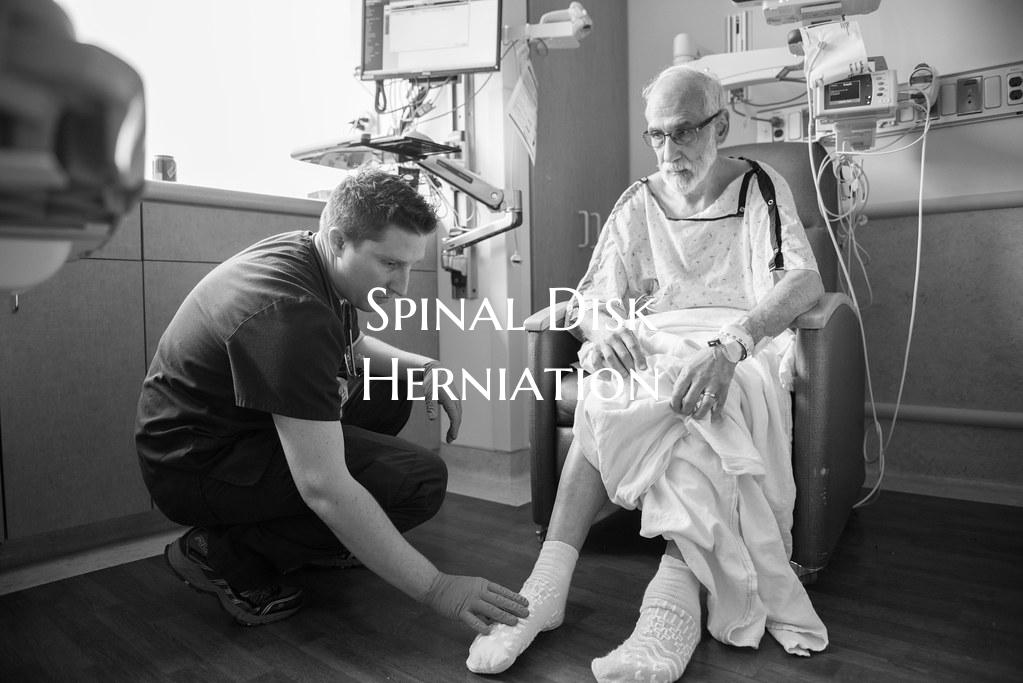
Spinal Disk Herniation
Spinal Disk Herniation: Causes, Symptoms, and Treatments
Spinal disk herniation, commonly referred to as a slipped or ruptured disk, is a condition that can cause significant pain and discomfort for those affected. The spine is made up of vertebrae separated by cushion-like disks that act as shock absorbers. When one of these disks becomes damaged and the inner gel-like substance protrudes out of its normal position, it can lead to herniation.
Causes: Spinal disk herniation can be caused by a variety of factors, including age-related degeneration, improper lifting techniques, repetitive strain on the spine, obesity, and genetics. The most common cause is the natural aging process, which can weaken the outer layer of the disk and make it more prone to herniation.
Symptoms: The symptoms of spinal disk herniation can vary depending on the location and severity of the herniation. Common symptoms include sharp or radiating pain in the back or neck, numbness or tingling in the extremities, weakness in the muscles, and in severe cases, difficulty with bowel or bladder control. It's important to seek medical attention if you experience any of these symptoms, as untreated herniation can lead to long-term complications.
Treatments: Treatment for spinal disk herniation often begins with non-invasive methods such as rest, physical therapy, and over-the-counter pain medication. In cases where the pain persists or worsens, more advanced treatments may be necessary. These can include corticosteroid injections to reduce inflammation, chiropractic care, or surgery to remove the herniated portion of the disk.
Prevention: While some causes of spinal disk herniation are out of our control, there are steps that can be taken to reduce the risk of developing this condition. Maintaining a healthy weight, practicing proper lifting techniques, staying active with regular exercise, and using ergonomic furniture can all help support spinal health and reduce the likelihood of herniation.
In conclusion, spinal disk herniation is a common condition that can cause significant discomfort and affect daily activities. By understanding the causes, symptoms, and treatments available, individuals can take steps to manage their condition and improve their quality of life. If you suspect you may have a spinal disk herniation, it's important to consult with a healthcare professional for an accurate diagnosis and personalized treatment plan.